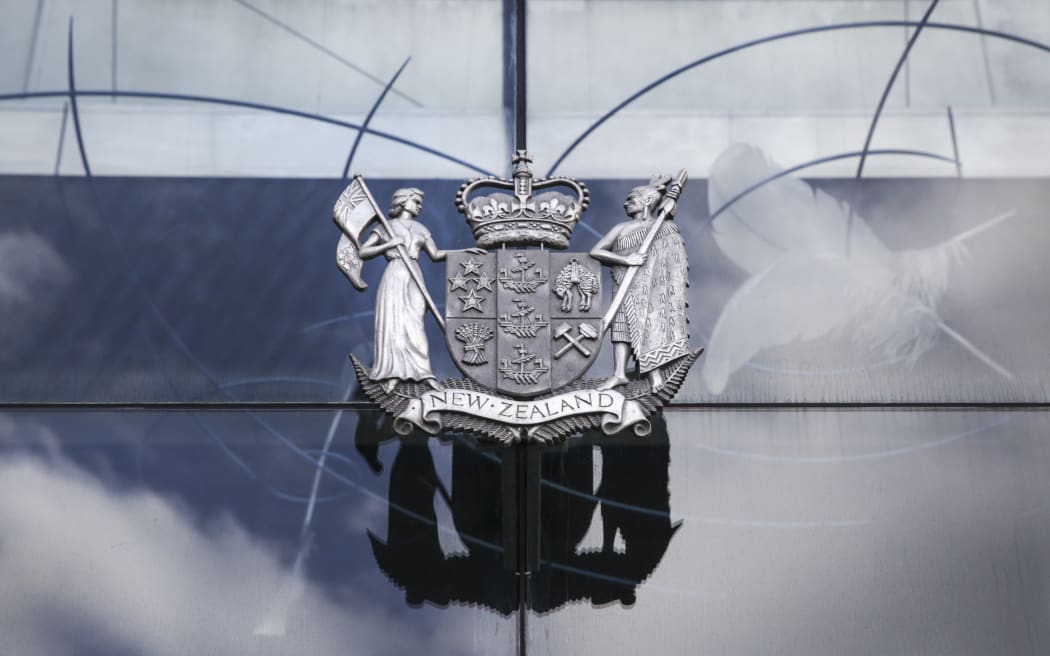21 Mar 2024
Photo: RNZ / Rebekah Parsons-King
The Court of Appeal has reserved its decision in the Jehovah’s Witness Church’s case challenging the Abuse in Care inquiry.
In Wellington on Thursday the church appealed a High Court ruling that dismissed its claim to be excluded from the investigation.
The public gallery was packed with members of the church and abuse survivors.
Lawyer Sarah Jerebine began the appeal by challenging the Royal Commission’s decision to extend the inquiry’s scope from institutional care to trust-based relationships between authority figures and children.
“It becomes a person with authority, not authority to care but just authority, can assume responsibility for a trust-based relationship. We say that is something quite different to what was intended and understood by what this Commission would be looking at.”
Jerebine argued the extension was unlawful because it went beyond the original purpose of the inquiry and the Commission’s powers.
She said the appellant wanted the court to publicly declare that illegality.
But the legal team representing the government and the Commission argued extending the scope of the inquiry was not unusual.
Andrew Butler KC said government inquiries evolved over time.
“People look at the terms of inquiry as they’re evolving dynamic beasts, for want of a phrase, where the scope does not always stay where it opened on day one.”
He said expanding the scope had benefited the victims of many faith-based institutions.
The secondary argument by the Jehovah’s Witnesses was that the official amendment order to extend the scope was made with improper motive by the government.
It said that motive was to target the church and interfere with their court proceedings.
Butler KC said that was not true.
He said the commission intended to clarify the scope to allow survivors from any faith to come forward and to serve the strong public interest in the inquiry.
“Particularly for the sake of survivors who continue to wait for the final report and progress on the government’s redress work programme.”
The appeal comes after the High Court decision in October 2023 to dismiss the Jehovah’s Witnesses legal bid to get out of being included in the inquiry.
The church maintains it should be exempt because it did not run institutions that cared for children or vulnerable people.
In her judgement at the time Justice Ellis argued the church could not avoid scrutiny.
Jerebine said the faith was not avoiding being investigated, instead it was challenging errors of law.
Justices Cooper, Goddard and Cooke said the court would make a judgment as soon as possible.
Survivors react
Former Jehovah’s Witness elder turned advocate Shayne Mechen was at the hearing and hoped the appeal would be quashed.
He said the faith was avoiding being looked into.
“Not only here, but every other country that is involved in court cases, they are trying to avoid having scrutiny on what they consider is their right and their organisation.
“Jehovah’s Witnesses will nitpick the law and care very little about the abuse survivors, whether it’s mentally, physically or sexually, they don’t care.”
Mechen said the appeal was frustrating for victims of abuse by the church and was a waste of time and money.
Another survivor Steve Winyard said when people chose to leave the Jehovah’s Witnesses they were treated badly.
“I think it [the court case] needs to go ahead a bit more because other countries are coming down on the Jehovah’s Witnesses for shunning families.
“Jehovah’s Witness parents are kicking their kids out of home at a very young age as soon as they no longer want to be witnesses.”
He wanted the court to take a strong stance against the church’s treatment of former members.
